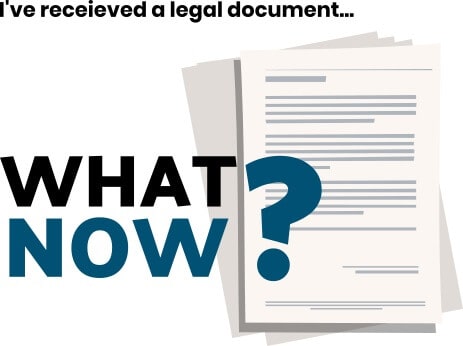Sworn Affidavits, their uses and what you need to know

An affidavit is a legal document that is primarily used to provide or outline evidence in court and tribunal proceedings in Australia. This article explains what an affidavit is, when and why it is used, as well as providing some information regarding how a useful and successful affidavit should be written to provide the best […]
What is a vexatious litigant?

Under the Vexatious Proceedings Act 2005 (Qld) (the Act), a court or tribunal can declare a person a “vexatious litigant” if they persistently start legal action without sufficient grounds. The Act defines a “vexatious proceeding” as including a proceeding that is: an abuse of the process of a court or tribunal; instituted to harass or annoy, to cause […]
I’ve just received a Bankruptcy Notice

If you have received a bankruptcy notice the person or company who sent it to you is threatening to bankrupt you. This is a very serious matter requiring your immediate attention. If you do not respond to the bankruptcy notice within the time required in the document, you may be considered at law to have […]
A Guide to Confidentiality Agreements

A confidentiality agreement, also known as non-disclosure agreement, is a legally binding document that requires parties to keep specified information confidential. That information could be sensitive, private or valuable. The confidentiality agreement should clearly state details including who the parties are, their key obligations, and the consequences of non-compliance with the agreement. Such agreements are […]
Setting aside a bankruptcy notice

A bankruptcy notice is a demand for the payment of money issued by the Official Receiver (Australian Financial Security Authority (AFSA)) requiring a debtor to pay a debt owed to a creditor.
Search orders

What is a search order? A search order (also known as an “Anton Piller order”) aims to prevent a respondent in a legal proceeding from destroying or hiding material or evidence that may be relevant to that proceeding or to a future one. A search order effectively allows the plaintiff to enter the respondent’s premises […]
